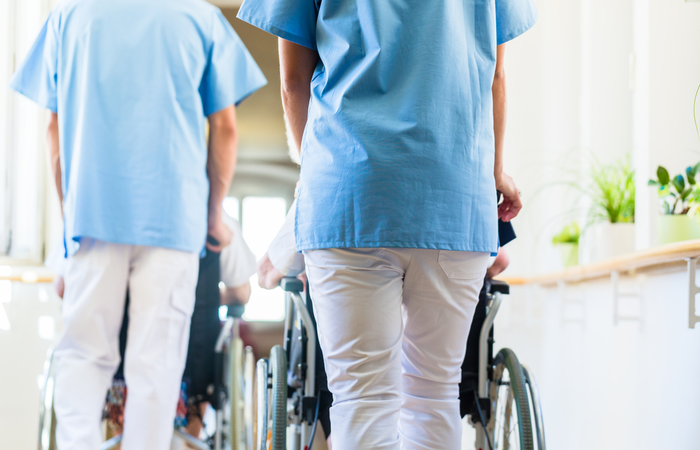
Social care staff working in Wales will receive enhanced sick pay entitlements to support them financially during the Covid-19 (Coronavirus) pandemic, effective 1 November.
The new scheme, which has been put in place until 31 March 2021, will ensure that all social care staff working in care homes, domiciliary care and personal assistants, will receive full sick pay during the pandemic if they have to take time off work due to the virus.
Social care staff are currently entitled to statutory sick pay of £95 per week, for up to 28 weeks, if they had to take sick leave. This new scheme will top-up statutory sick pay to full pay if an employee has to self-isolate if testing positive for Covid-19 or a member of their household has contracted the virus, or if they have been requested to do so by the NHS Wales Test Trace Protect service.
Mark Drakeford, first minister of Wales, said: The pandemic has had a huge impact on everyone and we have asked people to sacrifice so much this year, including during this latest firebreak. We are committed to doing everything we can to support people and protect the health and wellbeing of people.
“Asking people to self-isolate is an important way to break the transmission of the virus but for many people, it can mean the loss of income. The new support scheme is targeted towards people on low incomes and is designed to relieve some of the financial pressures people face if they are asked to self-isolate.”
Kelly Andrews, national social care lead at GMB, added: “It is only right that the government look out for brave staff who stepped forward throughout this pandemic. This change will make a real difference for hard pressed families that face a hard choice of putting food on the table or following government self-isolation guidance.
“The sad fact is that carers are still undervalued and underpaid in our society, and this is a vital step forward to ensure reduce the risk to their health and the vulnerable people they look after.”